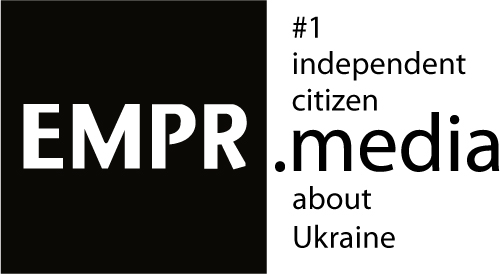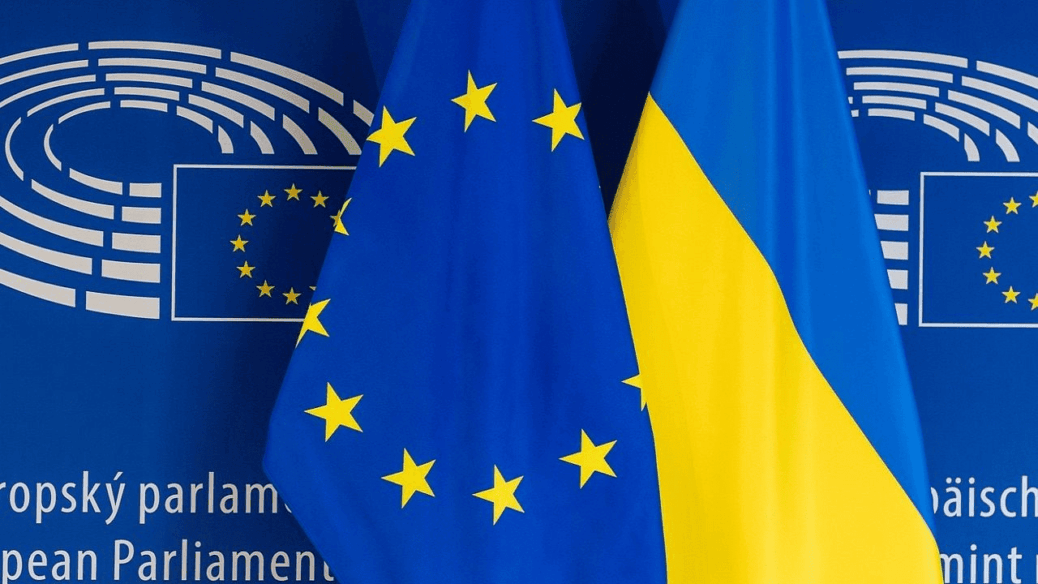The European Commission’s enlargement report praises Ukraine’s resilience and reforms but warns of limited progress in anti-corruption and judiciary sectors, citing political pressure and institutional weaknesses.
Today, the EU enlargement report will be released — the most important document for Ukraine. It will not be very favorable for us. Frankly, it’s a bad signal.
The main concerns are failure and stagnation in the “rule of law” area and a backslide on democracy.
“The recent negative trends, including increased pressure on specialized anti-corruption institutions and civil society, must be decisively reversed.”
Main points:
1. Rule of Law
- Reforms to strengthen judicial independence need to be accelerated.
- The European Commission considers that judicial reform is progressing more slowly than required to align with EU standards.
2. Anti-Corruption Policy
- The report notes “negative trends” that must be stopped immediately:
- Pressure on anti-corruption bodies (NABU, SAPO) and civil society.
- The European Commission highlighted the July attempt to give the Prosecutor General (a political appointee) greater control over anti-corruption institutions.
- These changes were quickly reversed after protests but raised concerns in Brussels.
3. Fight Against Organized Crime
- Ukraine must step up efforts to combat organized criminal structures.
4. Respect for Civil Society
- The European Commission calls for the protection of space for NGOs and the media, which should serve as oversight institutions.
Yes, we have already received the European Commission’s report. It will be officially published around 14:00-15:00 today.
So, this is the first detailed assessment by the European Commission of Ukraine’s progress on its path toward EU membership, covering the period from September 1, 2024, to September 1, 2025.
Overall analysis of the report
The report notes that Ukraine continues to demonstrate “extraordinary resilience and commitment to its European path” despite the escalation of the war by Russia.
It highlights Ukraine’s “strong commitment to its European future,” evidenced by the opening of accession negotiations (on June 25, 2024) and the completion of bilateral screening meetings in September 2025.
At the same time, the document expresses “notable concern” regarding certain areas, particularly the “ensuring of a reliable and independent anti-corruption framework.”
The report assesses progress on a scale of: “regression,” “no progress,” “limited progress,” “some progress,” “good progress,” and “very good progress.”
Most Successful Areas (marked as “good progress”)
Ukraine has achieved significant progress in several sectors:
- Public Administration Reform: “Good progress” has been made, particularly in service delivery, digitalization, and salary reform.
- Economic Criteria: “Good progress.” The economy continues to show resilience, supported by “prudent policies” and international assistance.
- Customs Union: “Good progress.” The Cabinet of Ministers approved a draft of the new Customs Code of Ukraine, aligned with the EU Customs Code.
- Environment and Climate Change: “Good progress.” The adoption of a framework law on climate policy (aiming for neutrality by 2050) and a national waste management plan was noted.
- Education and Culture: “Good progress.” Laws on preschool education and vocational education have entered into force, and a national strategy for cultural development was adopted.
- Science and Research: “Good progress,” particularly due to the use of opportunities provided by the Horizon Europe program.
- Agricultural Sector: “Good progress.” A strategy for the development of agriculture and rural areas until 2030 has been adopted.
- Financial Control: “Good progress,” thanks to amendments to the Law on the Accounting Chamber.
- Foreign and Security Policy: “Good progress,” demonstrating a high level of alignment with the EU’s Common Foreign and Security Policy.
Most Problematic Areas and Key Concerns
The report’s strongest criticism focuses on the fundamental aspects of the rule of law.
- Fight Against Corruption: This area is described as one of “particular concern,” with progress rated as “limited.”
- The report explicitly states that recent developments “cast doubt on Ukraine’s commitment to its anti-corruption agenda.”
- It refers to the law adopted in July (which was quickly reversed following protests and concern from international partners) that “dismantled important safeguards for the independence of NABU and SAPO.”
- It also notes “increasing pressure from state institutions” on anti-corruption bodies and civil society organizations, including through criminal investigations.
- Judicial Reform: Although “some progress” has been made, the report highlights serious issues:
- The judiciary suffers from a “severe shortage of personnel and heavy workload.”
- The “integrity, meritocracy, and capacity” of the judiciary and the prosecution service “remain weak.”
- The parliament “failed to appoint” candidates to the Constitutional Court who had passed international vetting, further delaying the renewal of the Court.
- The position of Prosecutor General “remains politicized.”
- Legislation adopted in July 2025 allows prosecutors to be transferred or appointed “without competition” and grants the Prosecutor General access to any pre-trial investigation materials (except those of NABU and SAPO).
- Due to time limits on pre-trial investigations, “several high-profile cases” were closed, and others remain at risk.
- Human Rights: The report expresses concern about the “prolonged lack of progress” in several policy areas, including the criminalization of hate crimes, the establishment of civil partnership institutions, and the reform of personal data protection.
- Areas With “Limited Progress”: Sectors with the lowest progress ratings, aside from anti-corruption, include:
- Free movement of workers
- Right of establishment and freedom to provide services
- Company law
- Competition policy
- Public procurement (where the “long-awaited public procurement law was not adopted”)
- Areas at an “Early Stage”: The areas of free movement of workers and social policy and employment remain at an “early stage of preparation” (the lowest current assessment level).
A separate note on the State Bureau of Investigation will follow — it clearly deserves its own post.
Tags: EU Ukraine ties european commission governance concerns Judicial reform rule of law Ukraine EU report



![Austrian Foreign Minister Beate Meinl‑Reisinger and Ukraine’s Foreign Minister Andriy Sybiha meet in Kyiv to discuss humanitarian, energy and reconstruction support. :contentReference[oaicite:2]{index=2}](https://empr.media/wp-content/uploads/2026/02/beata-480x270.png)
















